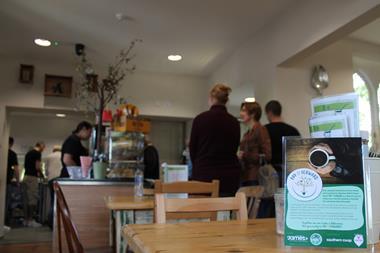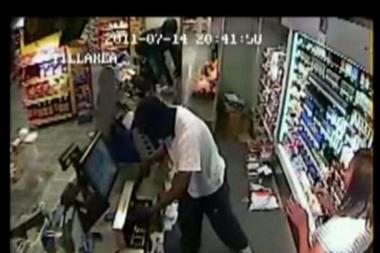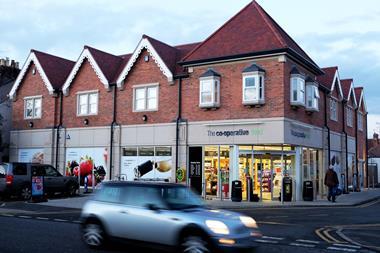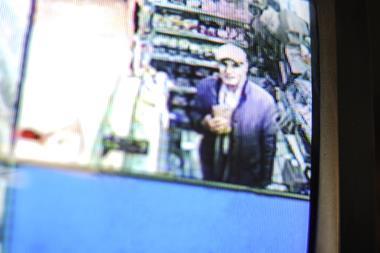Crime busters

Cuts in police budgets and a rising tide of retail theft have led to some out-of-the-box thinking on how to tackle business crime. The Southern Co-op’s Gareth Lewis tells C-Store how a joined-up approach is working in Sussex
The Southern Co-op’s Gareth Lewis tells C-Store how a joined-up approach is working in Sussex
ALREADY HAVE A REGISTERED USER ACCOUNT? PLEASE LOG IN HERE
To read the full story join the ConvenienceStore.co.uk community today!
Registration is quick and easy and provides access to:
- Unlimited ConvenienceStore.co.uk articles
- Our great range of newsletters
- Content you’ve saved for later via the ‘my library’ feature
And much more…






























